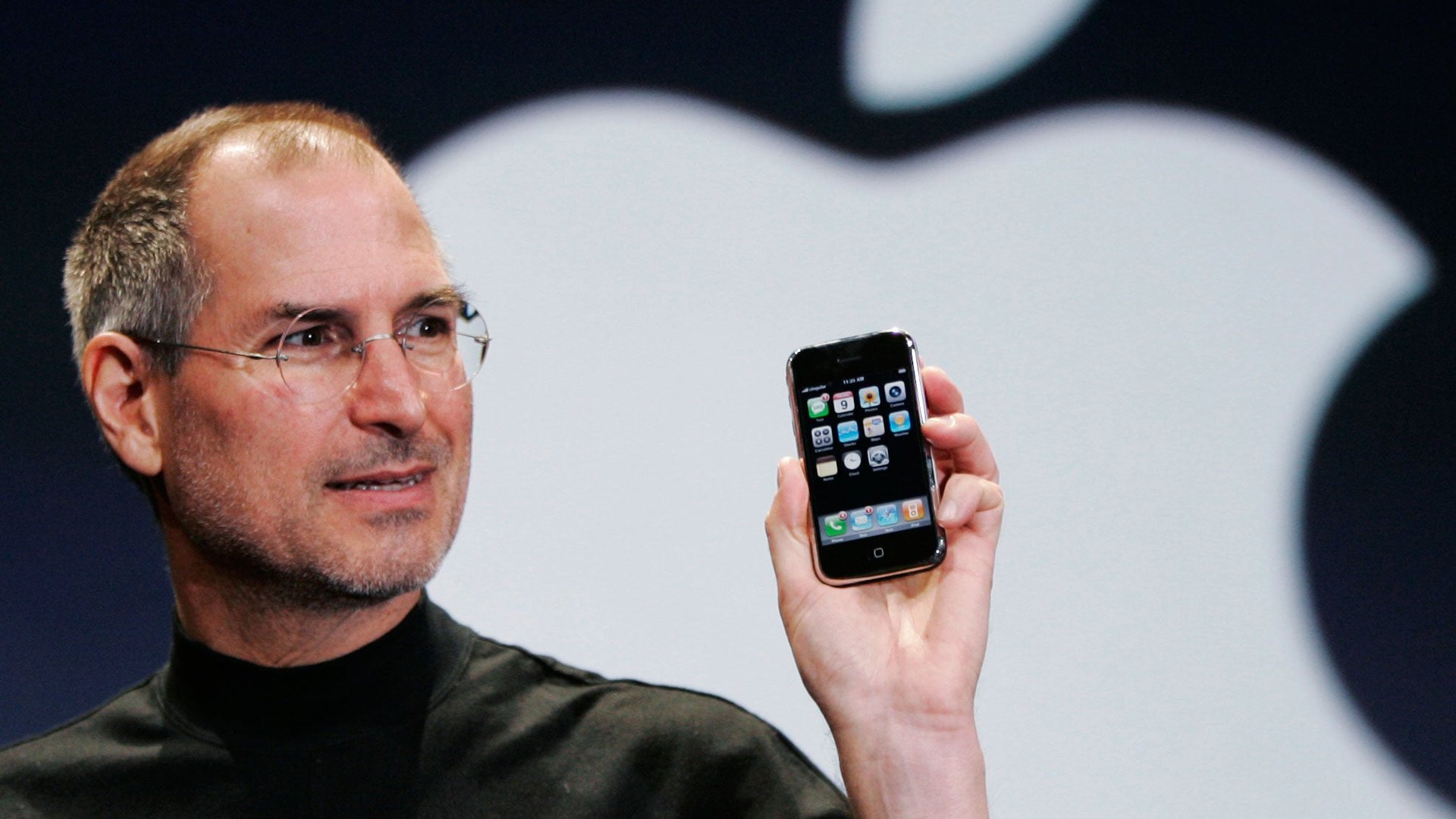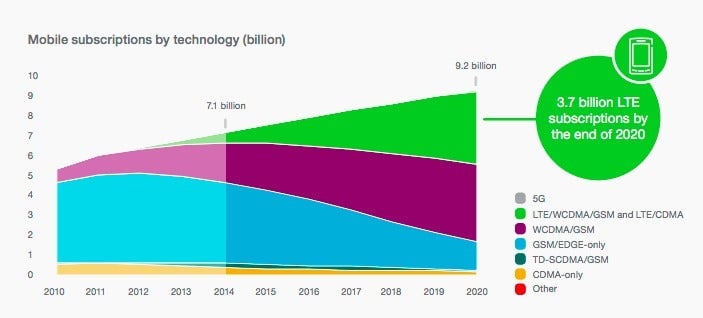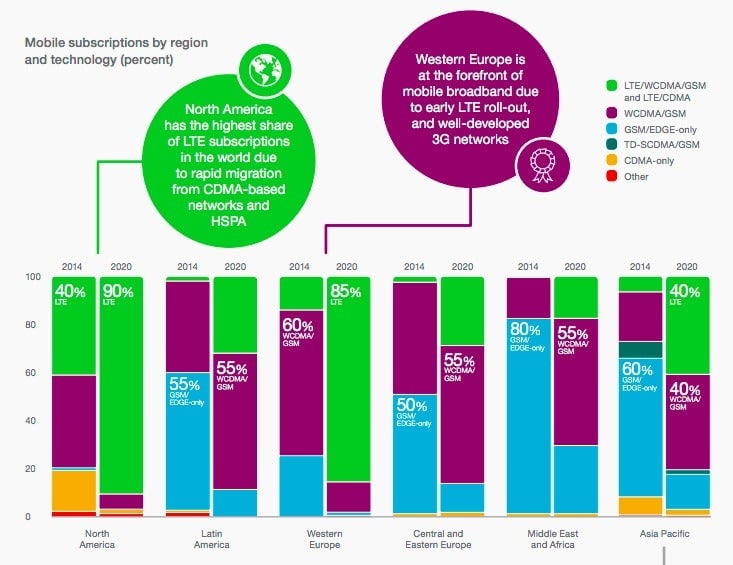We’re only five years away from deploying 5G, but most of the world is still on Edge
Researchers already are demonstrating the incredible capabilities of 5G, the next mobile wireless standard that has been able to reach speeds of 1 terabit per second—about 65,000 times faster than the average 4G download speed. The technology is expected to come online by 2020 in the UK and 2025 in the US.


Researchers already are demonstrating the incredible capabilities of 5G, the next mobile wireless standard that has been able to reach speeds of 1 terabit per second—about 65,000 times faster than the average 4G download speed. The technology is expected to come online by 2020 in the UK and 2025 in the US.
But right now the overwhelming majority of the world’s mobile internet users—the light-blue area in the graph below—are still on Edge, the precursor to 3G.

According to a report from Ericsson, released yesterday (June 2), only about 40% of the world’s population (pdf) has access to 4G LTE, the fastest mobile connection available today, and most of them reside in North America and western Europe. In contrast, 4G has barely made a dent in the Middle East and Africa, where 80% of the mobile subscriptions are currently on Edge. In the Asia-Pacific region, 60% of subscriptions also use Edge.

It appears these two regions will remain a step behind adopting new mobile technology. In five years, when 5G begins making its way to market, 85% of mobile subscriptions in those regions will be 3G or 4G. However, that doesn’t mean Edge will be going away. Ericsson predicts Edge subscriptions will remain popular in sub-Saharan Africa because of the high number of poorer customers with older phones.